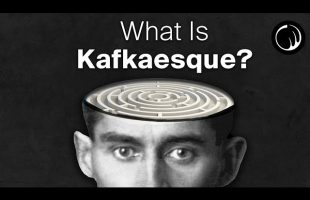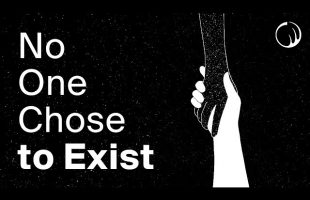How does the brain heal from addiction? This lesson explores the remarkable concept of neuroplasticity and how lifestyle changes, therapy, and social support help rewire the brain’s reward, memory, and emotional systems. You’ll learn about the role of the prefrontal cortex, hippocampus, and amygdala in recovery—and how patients can strengthen these areas with evidence-based practices. We also introduce BDNF, a protein that supports brain healing, and walk through specific activities that help patients grow new, healthier pathways.
🎯 What You’ll Learn:
– Explain how addiction hijacks the brain’s reward system
– Describe how neuroplasticity supports recovery across the lifespan
– Identify the role of the prefrontal cortex, hippocampus, and amygdala in recovery
– Understand the function of brain-derived neurotrophic factor (BDNF)
– Recommend lifestyle practices that strengthen neural pathways and reduce relapse risk
📚 About the Course
This course is designed with a singular goal: to improve the care you provide to your patients with substance use disorders. By delving into a model case performed by actors, seven Yale instructors from various fields provide techniques to screen your patients for substance use disorder risk, diagnose patients to gauge the severity of their use, directly manage treatment plans, refer out to treatment services, and navigate the various conditions that may limit your patient’s access to treatment. You will ultimately be prepared to provide compassionate and evidence-based care to a large population of patients living with addiction — a chronic, often relapsing-remitting disease, but a treatable one.
This course is supported in part by SAMHSA of the U.S. Department of Health and Human Services (HHS) as part of financial assistance awards from grant #1H79FG000023 totaling $249,900 and grant #3H79TI081968-02S1 from SAMHSA totaling $1,354,651 with 100 percent funded by SAMHSA/HHS. The contents are those of the author(s) and do not necessarily represent the official views of, nor an endorsement by, SAMHSA/HHS, or the U.S. Government.
Note: The content in this course is intended solely to inform and educate medical professionals. This site shall not be used for medical advice and is not a substitute for the advice or treatment of a qualified medical professional.
📺 Watch the full playlist on YouTube:
🎓 Enroll on Coursera for assessments and a certificate: https://www.coursera.org/learn/addiction-treatment
🌐 Explore more learning opportunities on Yale Online: https://online.yale.edu/courses/addiction-treatment-healthcare-providers
#AddictionTreatment #YaleUniversity #OnlineCourse #MedicalEducation #SubstanceUseDisorder #SUD #HealthcareTraining


